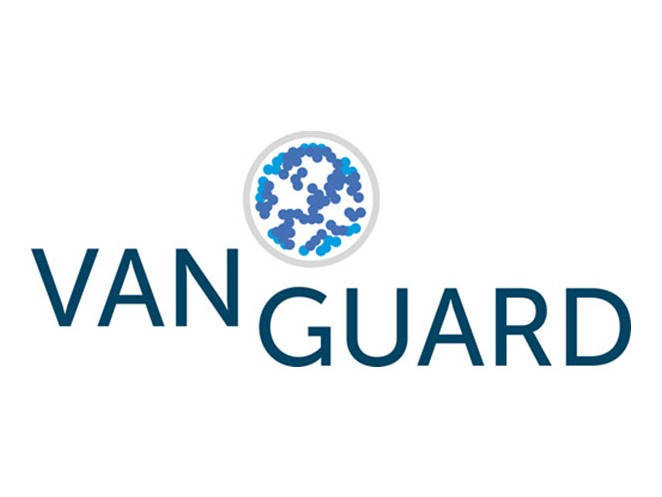New research on a promising treatment against type 1 diabetes funded by the European Commission
More than 40 million individuals worldwide are affected by type 1 diabetes, which is the most common chronic disease in children and adolescents. Today’s primary treatment for diabetes is insulin therapy, which requires multiple injections every day to control a person’s blood sugar levels. This can potentially lead to chronic complications such as kidney-related issues (nephropathy), visual impairments (retinopathy) and ischemic heart disease. Beta-cell replacement, done either by pancreas or islet transplantation, is a valid alternative to daily injections, as it restores the possibility to control blood sugar levels (glucose). However, pancreas or islet transplantations rely on organ donors and require lifelong anti-rejection medication to avoid the rejection of the transplanted organ or cells. The process is also associated with complications and is currently only offered to a limited number of patients with severe forms of the disease. Working on this innovative solution is a multidisciplinary team of researchers from Switzerland, Italy, France, Germany and The Netherlands, led by Dr Ekaterine Berishvili from the University of Geneva, Department of Surgery. According to Dr. Berishvili “the VANGUARD multidisciplinary team will bring regenerative medicine for type I diabetes from bench to bedside”. In total, the project brings together outstanding expertise from six academic institutions with leading scientists in bioengineering, transplantation, gene therapy, immunology and ethics, two SMEs and an NGO. VANGUARD’s bioartificial pancreas has the potential to improve the success rate of beta-cell replacement therapies with exceptional advantages in terms of efficacy and safety. The treatment of a large number of patients with type 1 diabetes could dramatically reduce the financial burden of the disease, mostly associated with the healthcare costs of chronic secondary complications of diabetes. The VANGUARD project officially started and had its kick-off last month in January 2020, in conjunction with the annual symposium of the European Pancreas and Islet Transplant Association. Representatives from the nine project partners discussed the start of the research activities and the path towards what has the potential to be a real breakthrough towards a cure for type 1 diabetes. The VANGUARD project is funded by the European research and innovation program Horizon 2020 (project number 874700), under the Health program. It is a five-year project that officially started in January 2020 and will end in December 2024. It involves nine project partners from seven European countries and has a budget of € 6.8 million. (www.vanguard-project.eu)



